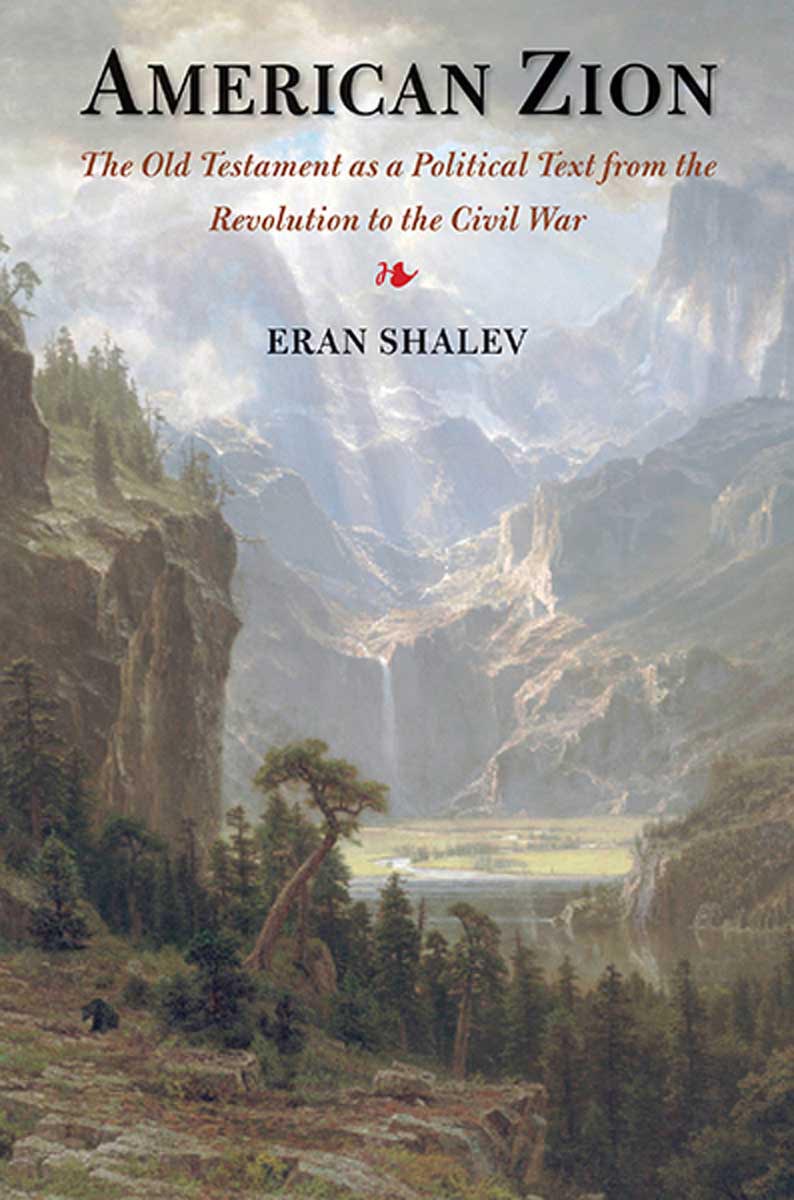PB:
22.50 GBP
QTY:
Categories:
American Zion
The Old Testament as a Political Text from the Revolution to the Civil War
The Bible has always been an integral part of American political culture. Yet in the years before the Civil War, it was the Old Testament, not the New Testament, that pervaded political rhetoric. From Revolutionary times to about 1830, numerous American politicians, commentators, ministers, and laymen depicted their young nation as a new, God-chosen Israel and relied on the Old Testament for political guidance. In this original book, historian Eran Shalev closely examines how this powerful predilection for Old Testament narratives and rhetoric in early America shaped a wide range of debates and cultural discussions – from republican ideology, constitutional interpretation, southern slavery, and more generally the meaning of American nationalism to speculations on the origins of American Indians and to the emergence of Mormonism. Shalev argues that the effort to shape the United States as a biblical nation reflected conflicting attitudes within the culture – proudly boastful on the one hand, but uncertain about its abilities and ultimate destiny on the other. With great nuance, American Zion explores for the first time the meaning and lasting effects of the idea of the United States as a new Israel, and sheds new light on our understanding of the nation's origins and culture during the founding and antebellum decades.
About the author
Eran Shalev is associate professor in the History Department at Haifa University, Israel, and the author of "Rome Reborn on Western Shores: Historical Imagination and the Creation of the American Republic".
Reviews
"In this erudite, readable, and exciting new book, Eran Shalev takes the reader to previously uncharted biblical waters He breaks new ground by presenting a unified vision of an 'American political theology'. I would present this book as an exemplary model for how to 'do' history in relation to theology" – Shalom Goldman, Duke University


